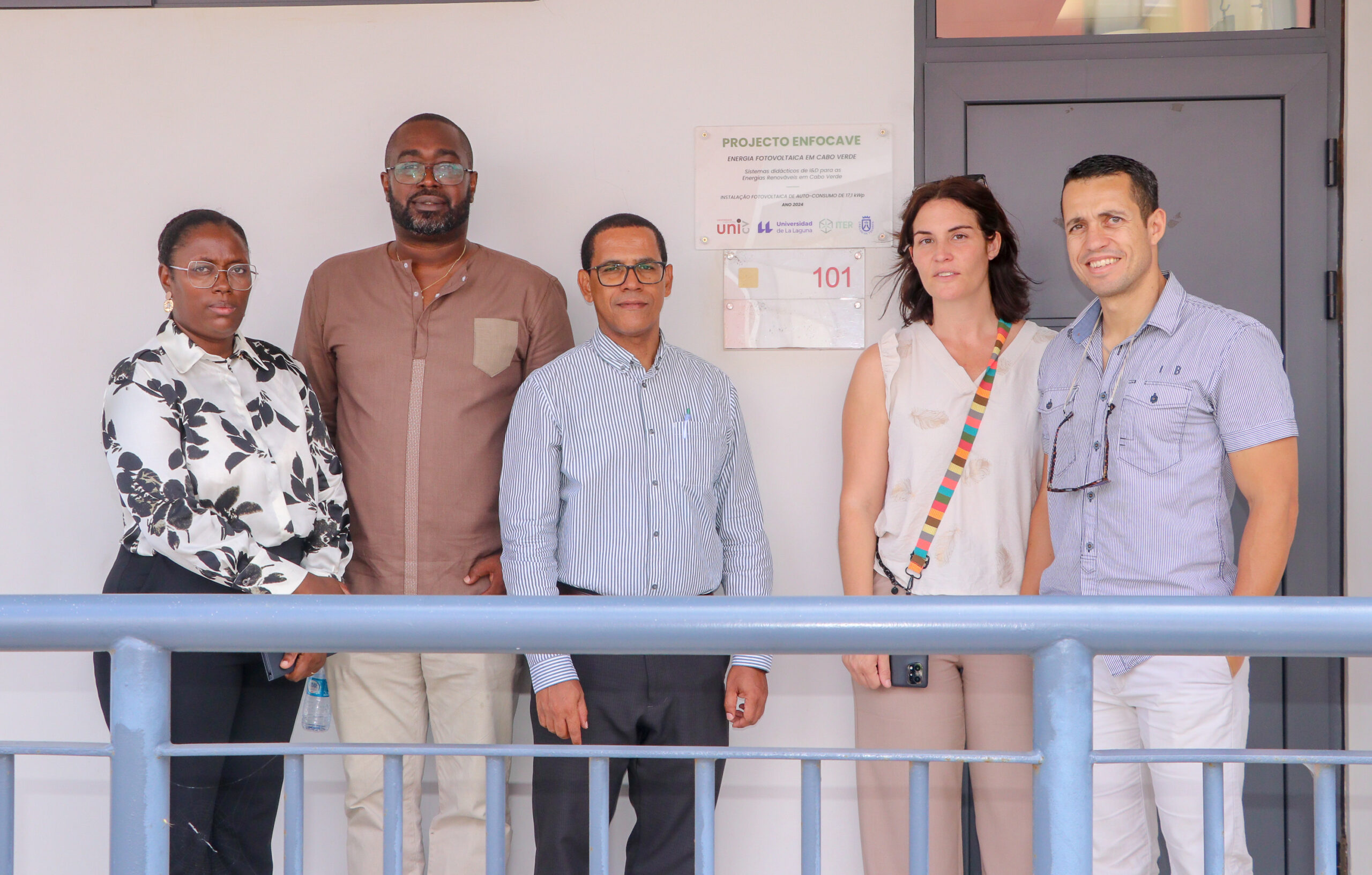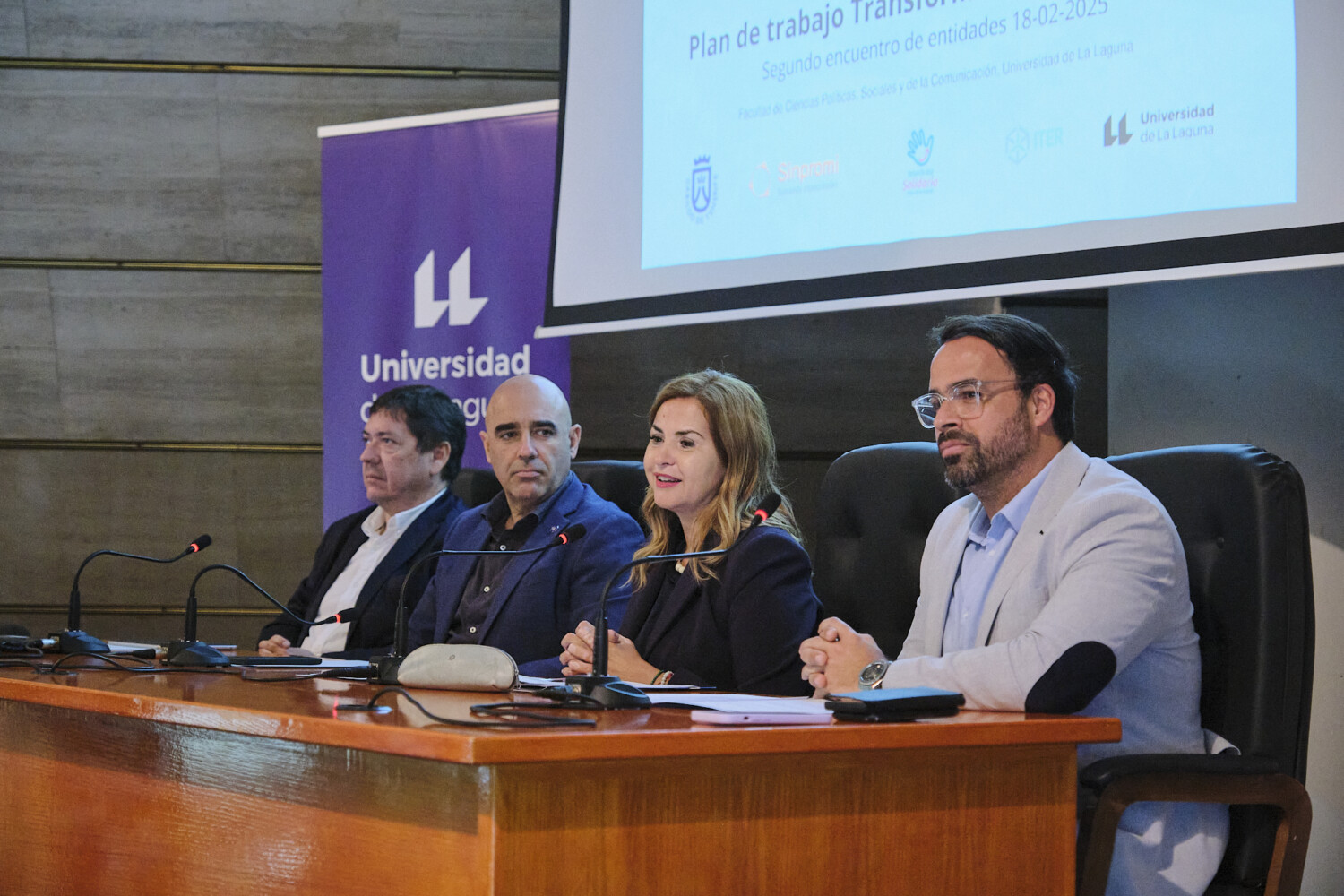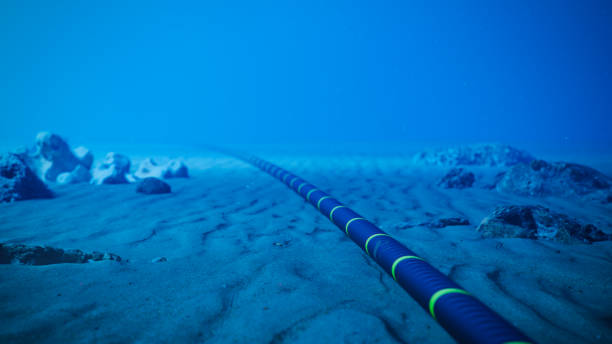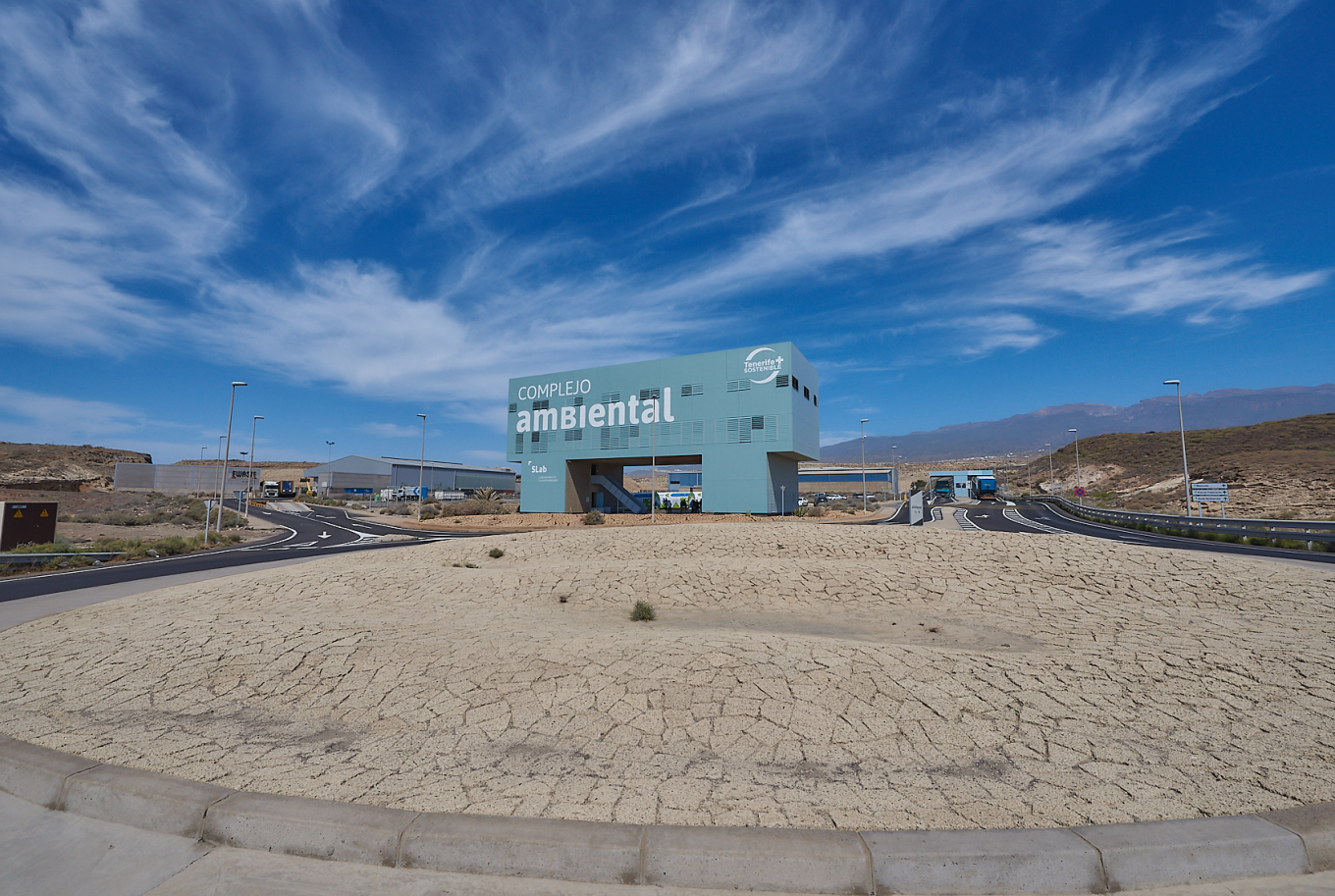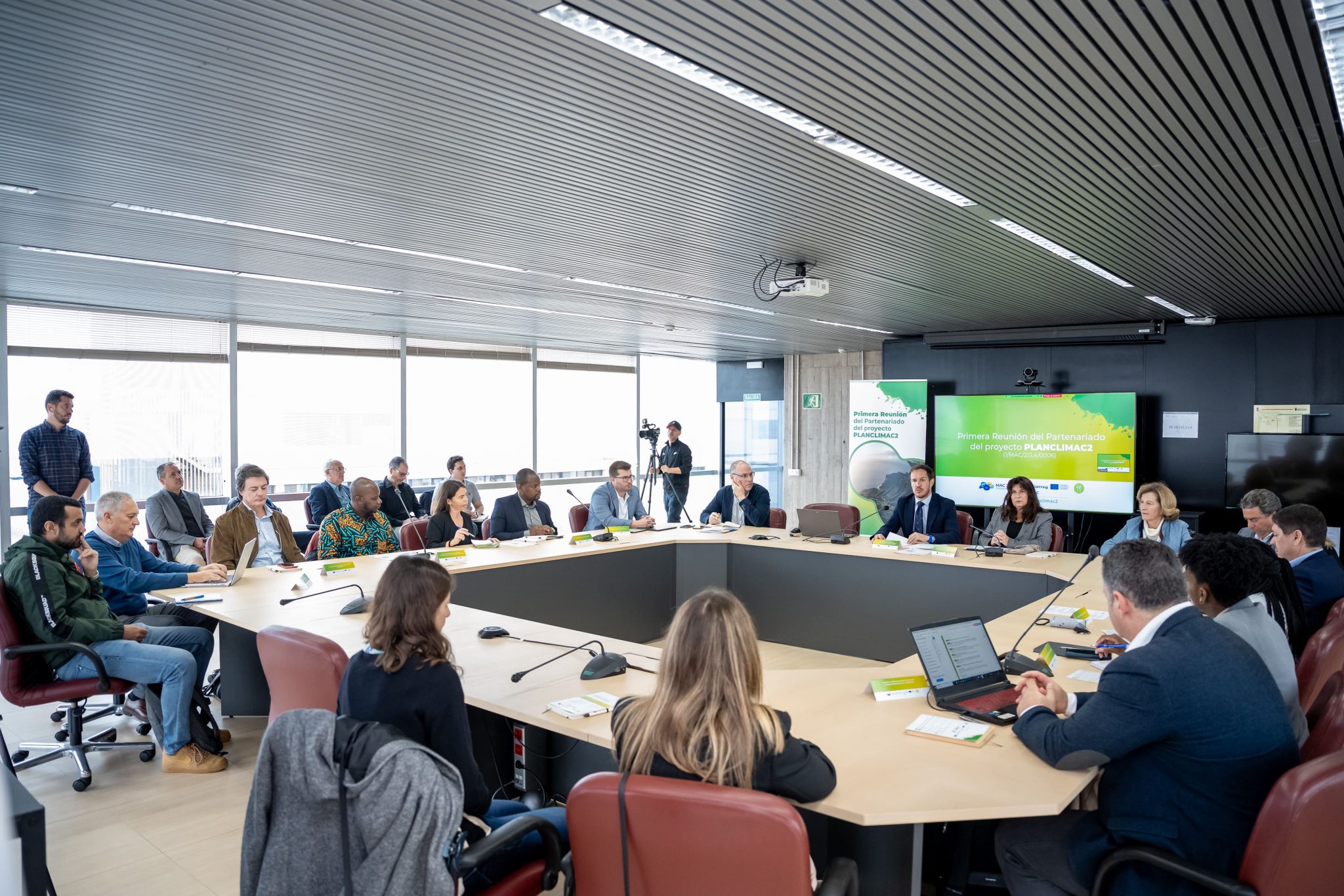The ITER research staff in charge of the activity travelled to Cape Verde last October to carry out the final handover of the installation to the University, as well as the delivery of the equipment.
The Cabildo de Tenerife, through the Instituto Tecnológico y de Energías Renovables (ITER), the University of Cape Verde (Uni-CV) and the University of La Laguna (ULL), has launched the Enfocave project to promote sustainability and photovoltaic energy in Cape Verde.
This project, consisting of the supply and installation of a photovoltaic plant for R&D and a teaching system for renewable energies in Cape Verde, is the result of the general collaboration agreement between both universities, Uni-CV and ULL, the Cabildo of Tenerife and ITER.
The Councilor for Innovation, Research and Development of the Cabildo of Tenerife, Juan José Martínez, explains that this initiative is structured in two phases.
“The first one, for didactic purposes, aimed at training young designers and installers of photovoltaic panels, and a second phase, of a technical and practical nature, which consisted of the installation of a small electricity generating plant, which contributes to the power supply of the University of Cape Verde. The purpose of this installation is to serve as a training element for the students of the University of Cape Verde, as well as to provide a study base for them to carry out different activities focused on research, such as: analysis of the production systems and their integration into the Cape Verde electricity grid; behavior of the different equipment, modules, inverters and batteries, exposed to the local climate; the incidence of the effects produced by environmental pollution (haze) and particularly, the incidence of the effects produced by the effects of hurricanes, among others”.
In addition, specific technical and measuring equipment has been delivered to enable the activities mentioned above to be carried out, making the most of the solar photovoltaic installation and the didactic kits.
The project has been financed with a specific contribution from the Cabildo of Tenerife, through its Department of Tourism, External Action and Institutional Relations. In this sense, the island director of the aforementioned area, Pedro González, pointed out that “it is absolutely necessary to promote collaboration with nearby countries such as Cape Verde, which we not only provide with infrastructures, clean and renewable energies, but we also train them so that this training allows them to continue growing and developing”.
Project execution
The ITER staff in charge of the activity traveled to Cape Verde, last October, to carry out the final delivery of the installation to the University, as well as the delivery of the equipment. Specifically, Rocío Castelo Mato and Daniel Molina, technicians of the Photovoltaic Solar Energy Department, traveled to Cape Verde.
In addition to participating in the educational activities of the first phase, ITER is fully responsible for carrying out the execution of the second part, for which it is currently carrying out the commissioning of a solar photovoltaic installation for self-consumption of 17.5 kW of nominal power, consisting of 30 modules of 570 W of unitary power.
ITER has carried out the feasibility study and the design of the project, whose installation was contracted to a local Cape Verdean company. Likewise, equipment has been provided to conform several technological units that allow carrying out the training of the students in Photovoltaic Solar Energy, such as photovoltaic modules, charge regulators, batteries, isolated inverters and other accessories to carry out different configurations and experiments. In addition, specific equipment capable of offering multiple educational, training and research experiences was delivered. This material was delivered by the technical staff of ITER in their trip to Cape Verde for the final verification and certification of the installation executed in this University.


